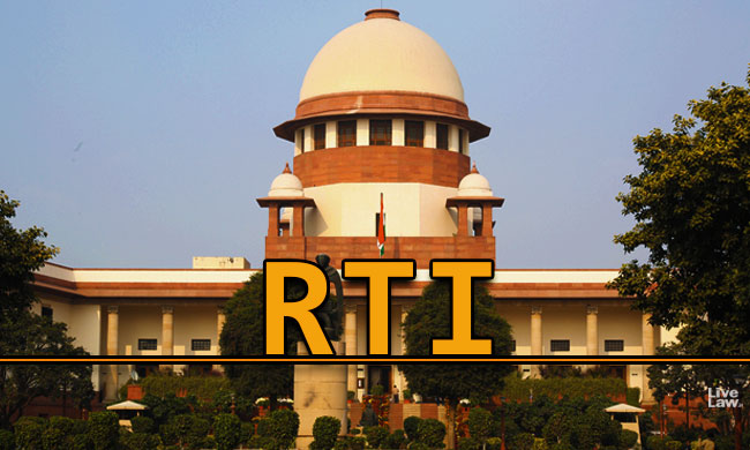SC vs RTI : SC's Stay Of Delhi HC's Landmark Judgment Enters 9th Year
Manu Sebastian
22 Jan 2019 4:53 PM IST

The pendency has led to an uncanny situation of the administrative side of the Court enjoying immunity from disclosure on account of delay by the judicial side.
Next Story


